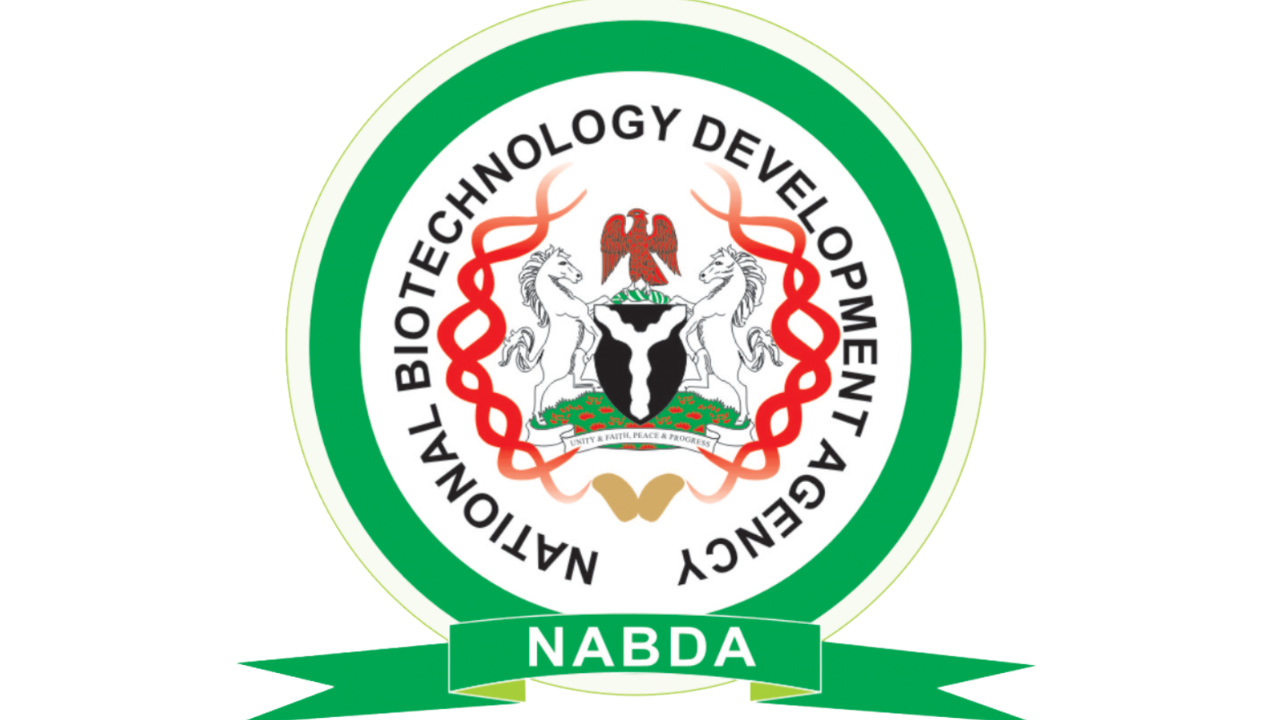Nigeria is ready for genome editing technology, according to the National Biotechnology Development Agency (NABDA) of Nigeria. This information was provided in a media interview with the News Agency of Nigeria on Monday by Prof. Abdullahi Mustapha, the director general of NABDA.
Speaking in Abuja, Mustapha asserted that due to the country’s current biosafety regulations, Nigeria might adopt genome editing technology, which would increase the country’s agricultural productivity.
Nigeria became automatically qualified to join the League of Nations that is maximising genetic engineering (GE) to increase food supply after the Biosafety Bill was brought into law in 2015.
The goal of the biosafety law is to control the use of modern biotechnology, as well as the management and management of its products (genetically modified organisms), which have the potential to impact biodiversity conservation and sustainable use negatively.
The DG of NABDA outlined how genome editing technology aids precision agriculture by allowing genetic flaws in crops to be targeted and rectified, allowing the crop to produce its maximum yield.
Read also: 54gene Completes First Research Publication on Nigerians
Benefits of Genome Editing Biotechnology
On the advantages of Biotechnology, Mustapha said there are numerous benefits, including a reduction in the time frame between planting and harvesting, mitigating climate change and reduced application of pesticides, among others.
The DG added that the technology does not endanger nor harm the crop, adding that it only repairs what was responsible for the crop’s impaired growth through its DNA.
Mustapha said that as a target specific science, Nigeria has put in place regulations that would ensure the use of genome editing in the country.
“When used in agriculture, all the diseases bedevilling crops in the country, most especially crops of interest used as food and industrial raw materials, are the ones being targeted.
“When this has been achieved, the country is going to gain quite a lot in terms of food supply and agricultural raw materials for industrial development.
“With that, there would be wealth creation as employment opportunities shall be available for our teeming population of youths,’’ the NABDA boss said.
He stressed that Nigeria’s agricultural focus was to be self-sufficient with enough food for all, with an ample supply of industrial raw materials by industries to agricultural companies in the country.
“So, this technology is going to help in the area of providing the huge amount of crops that are going to be sufficient for these two purposes,’’ Mustapha said.
He said the technology was an initiative of the African Union Development Agency-New Partnership for Africa’s Development (AUDA-NEPAD) Centre of Excellence in Science, Technology and Innovation (STI).
He said the mission of the Centre was to make use of modern technology to foster development across the African continent with a focus on agricultural productivity.
Mustapha said about seven selected African countries including Nigeria were involved in the AUDA-NEPAD initiative, whereby collaboration would be formed to actualise this initiative within a specified timeframe.
He said this collaboration would enable the exchange of ideas and strengths in order to foster scientific development and bring the political will to bear on facilitating STI through the use of genome editing technology.
He explained that on the recent visit of the AUDA-NEPAD team, led by NABDA, the host agency and custodian of the technology, they had visited the Ministers of STI, Agriculture and Rural Development to solicit support.
Mustapha said the genome editing initiative of the AUDA-NEPAD was a policy issue, and both ministers had pledged to enlighten the presidency on the prospects of using the technology to fast-track development.
“Presently, policy and working documents are being drafted for the technology to be applied on the African continent,’’ he said.
The NABDA D-G added that on the AUDA-NEPAD team’s return to Nigeria, part of their consortium would see how some of the laboratories would be upgraded in order to achieve the aim.
“The goal of Africa that can feed itself in terms of agricultural produce is why genome editing technology was conceived and why they came here,’’ Mustapha said.
